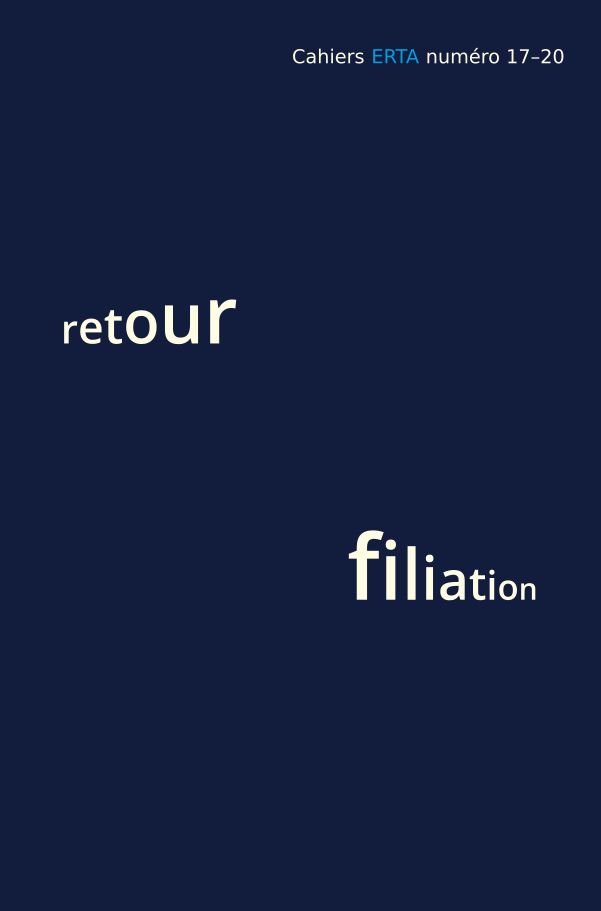'Un homme de Passage' by Serge Doubrovsky : the Temptation of the Odyssey
DOI:
https://doi.org/10.4467/23538953CE.19.004.10299Keywords:
Odyssey, Ulysses, return, holocaust, tragedyAbstract
In his last novel, Un homme de passage (2011), Serge Doubrovsky evokes the main points of his life in seven parts which lead him from New York to Paris. Meditation on the many eras and areas crossed by a declining man, the novel is built on two antithetical modes of return. The first, literal and spatial, is triggered by his retirement which forces him to go back to his Parisian home. The second, temporal, is a resurgence of his past throughout reminiscences that thwart the linearity of his trip. This double movement creates a dialectic between fiction and history. While his journey back to his native land is staged like an Odyssey, it also constitutes a tragic backwards path for the narrator who associates the fatal issue of his final trip to the fate of the Jews during the Holocaust, from which he had barely escaped.

 Academic Scientific Journals
Academic Scientific Journals





